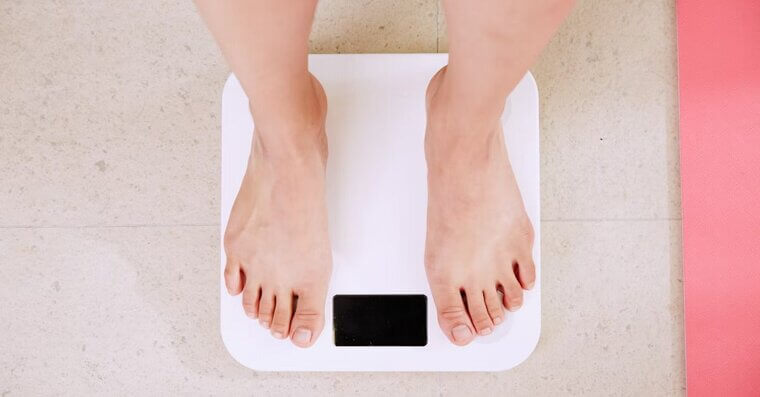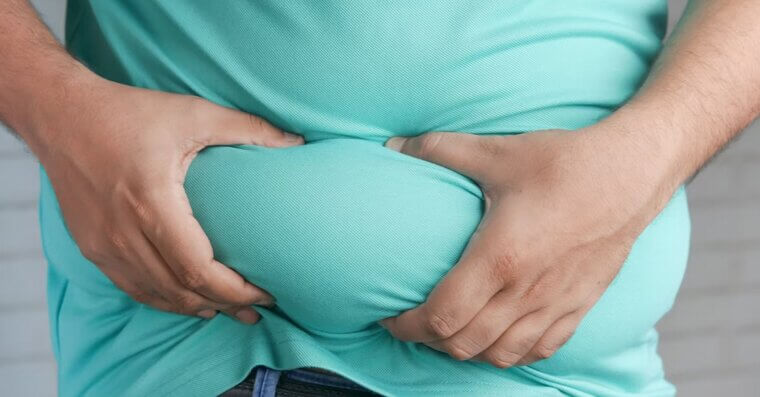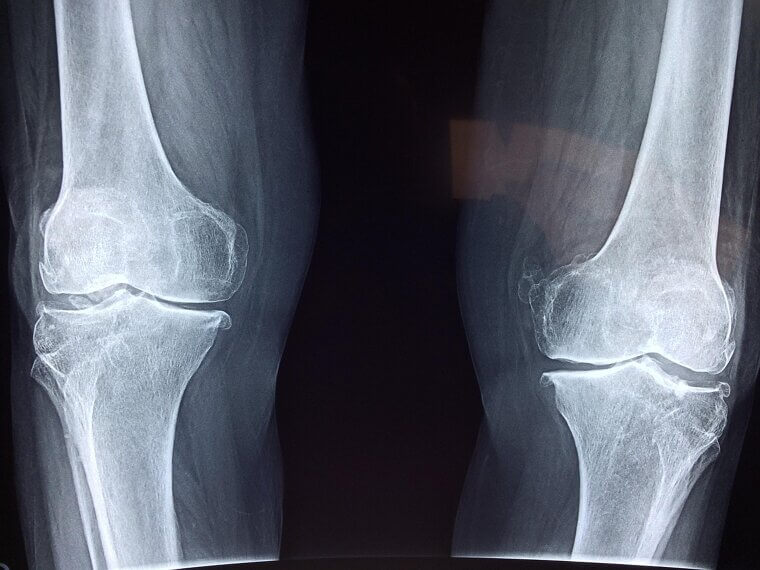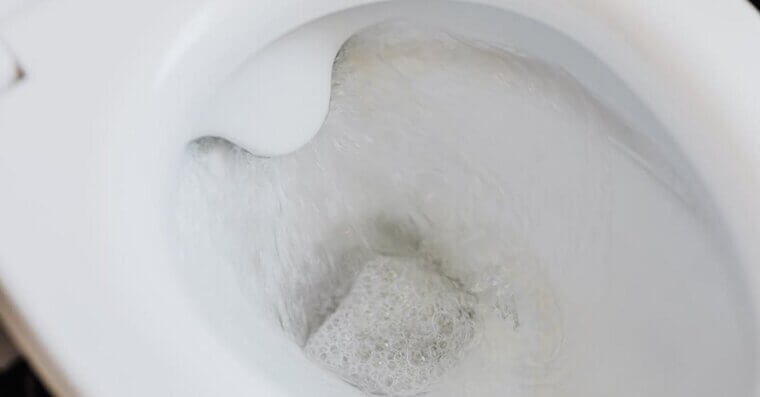Weight Gain
Protein calories still count. Eating too much can pack on pounds, especially if you’re having a lot of shakes and bars.
Joint Pain
Too much protein can increase inflammation in some people. If your joints feel stiffer or achier than usual, it’s time to change your diet.
Bad Skin Breakouts
Protein powders, especially dairy-based ones, can trigger acne and skin irritation. It’s a common side effect, unfortunately, and it can get to people.
Brain Fog
Skimping on carbs for protein deprives your brain of fuel. That foggy, “can’t think straight” feeling is your brain asking for glucose.
Dehydration
Eating a lot of protein can make your kidneys work harder, pulling more water from your system. So you might get dehydrated.
Digestive Discomfort
Your gut bacteria need fiber. Without enough, excess protein sits in your stomach and causes discomfort.
High Cholesterol
Lots of animal protein means more saturated fat. Over time, that can bump up cholesterol levels and affect heart health. That’s not good.
Gas
Too much protein, especially from powders or shakes, can upset digestion. That leads to bloating and gas… which is of course very embarrassing.
Fatigue
Ironically, while normal amounts of protein builds energy, too much can do the opposite - leaving you sluggish because your body’s working overtime to process it.
Frequent Thirst
And then there’s the thirst. Too much protein ruins your hydration, so even when you’re drinking water, you still might not feel satisfied.
Nausea
Sometimes your stomach just waves the white flag. Too much protein can overwhelm the digestive system, leaving you queasy after meals.
Kidney Stones
Excess protein increases uric acid levels, which can crystallize into kidney stones. That sharp, stabbing pain in your back or side might be the warning. Don’t ignore it.
Halitosis
High-protein, low-carb diets can push your body into ketosis. That shift often leads to persistent “keto breath” – which will really put people off you.
Constipation
Another embarrassing one. Protein-heavy diets often lack fiber, so without enough veggies and whole grains, things can slow down in your digestive system
Headaches
Cutting carbs for protein can trigger low blood sugar, which often leads to painful headaches.
Stronger Body Odor
Protein metabolism produces sulfur compounds. That can show up as stronger sweat smells – and even your deodorant might not cover them.
Loss of Appetite
Ironically, too much protein can dull hunger signals. You might feel full constantly, even when you’re used to eating more.
Increased Body Heat
Protein takes more energy to digest. Some people notice they feel warmer or sweat more when they’re on protein-heavy diets.
Brittle Hair
If protein crowds out other nutrients, like healthy fats or vitamins, your hair may become dry, brittle, or even start thinning. If you’re worried about going bald… maybe change your diet.
Calcium Loss
High protein can pull calcium from bones over time, raising the risk of bone weakness or fractures down the road.
Stomach Gurgling
If you hear your stomach growling or bubbling more often, it might be your gut struggling with too much protein.
Puffy Hands or Feet
Protein overload can sometimes affect fluid balance, leading to swelling or puffiness in your hands and feet.
Acid Reflux
Big servings of protein-heavy meals can trigger heartburn or acid reflux, especially at night when lying down.
Feeling “Hangry”
“Hangry” – a combination of hungry and angry – was thought to be a joke at first. But now it’s considered real, and eating too much protein could very well make you angry when you get hungry.
Strong Urine Smell
Breaking down protein creates waste products like ammonia. If your urine has a stronger, more pungent smell, that’s a sign the protein isn’t helping you.
Dull Complexion
Eating too much protein while cutting fresh fruits and vegetables can rob your skin of the glow antioxidants and hydration normally provide.
Shortness of Breath
Excess protein raises acid levels in your blood, which in extreme cases can make breathing feel heavier or more difficult.
Reduced Endurance
Athletes sometimes notice their stamina drops because of too much protein, forcing them to change their diets.
Constant Hunger
Oddly enough, too much protein can make you hungrier. It’s because you’re not getting a balanced diet.
Frequent Urination
Protein metabolism produces nitrogen waste. Your kidneys flush it out, which can have you running to the bathroom more than normal.
Trouble Sleeping
High protein late at night can overstimulate your system. Instead of drifting off, you might find yourself tossing and turning.
Grumpy Mood
That lack of sleep leads to other things. The tiredness, and the other symptoms, might make your mood worse.
Metallic Taste
Devouring too much protein can leave a weird, metallic taste in your mouth that lingers no matter how much water you drink.
Muscle Cramps
Overdoing protein can create imbalances in the body. That sometimes shows up as random muscle cramps or twitching.


































